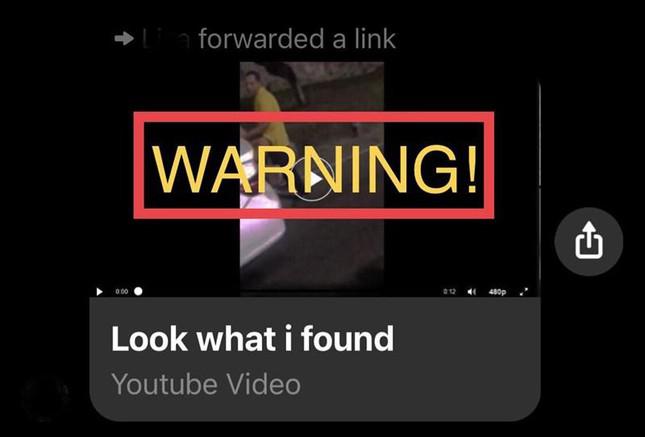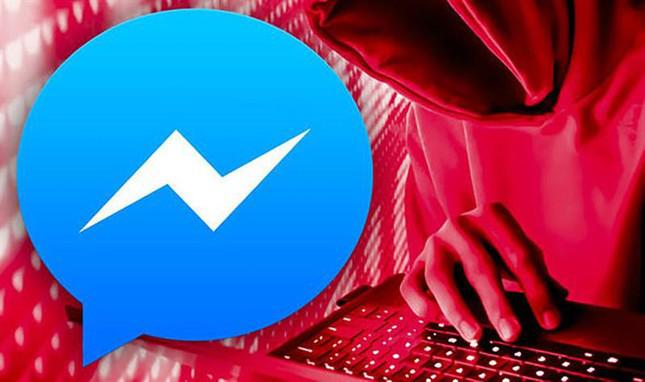Do not curiously click on the Facebook Messenger message if you see this content!-Information Technology
More than 900 million people around the world are using Facebook Messenger to communicate and exchange information with each other. The popularity of this messaging app also leads to many phishing risks.
Similar to spam and phishing messages, Facebook Messenger often used by bad guys to find new “prey”. Whether it’s stealing money or personal identity, the more victims fall into the trap, the more money they make.
Notably, bad guys often “reuse” familiar scams. About a year ago, millions Facebook users received strange messages from accounts pretending to be their acquaintances. It contains only a simple question but hides a dark secret. The message read: “Is this you?” (rough translation: Are you here?) and attached a link to a video.

Phishing messages with curious content.
However, the link has been processed through a URL shortening service to look like a video. When I click on it, there is no video. Instead, it opens a different web page than the screen login Facebook fake. If you enter your login information here, criminals will know your data and attack your account.
Just a few weeks later, the trick was “dead young”, but recently reappeared and slightly changed. No more asking “Is this you?” Furthermore, the scammer turns to using the phrase “Look what I found” to entice the recipient’s curiosity with a link. According to Metro, the link continues to lead users to a fake Facebook login website. In addition to your Facebook email and password, the perpetrator can install malicious code on your device.

To keep your account safe, you’d better be on the lookout for any scammers’ tricks. Even if the message comes from a trusted friend, their account is very likely to have been hacked. There are two ways you can protect yourself. First, never click on links or download files from “uninvited” emails or messages on Facebook Messenger.
If your friend sends something, call them to make sure it’s really the sender. Second, install two-factor authentication on every account, including social media and bank accounts. This will greatly reduce your risk of being hacked as you have to verify any login attempts yourself.
at Blogtuan.info – Source: 24h.com.vn – Read the original article here



